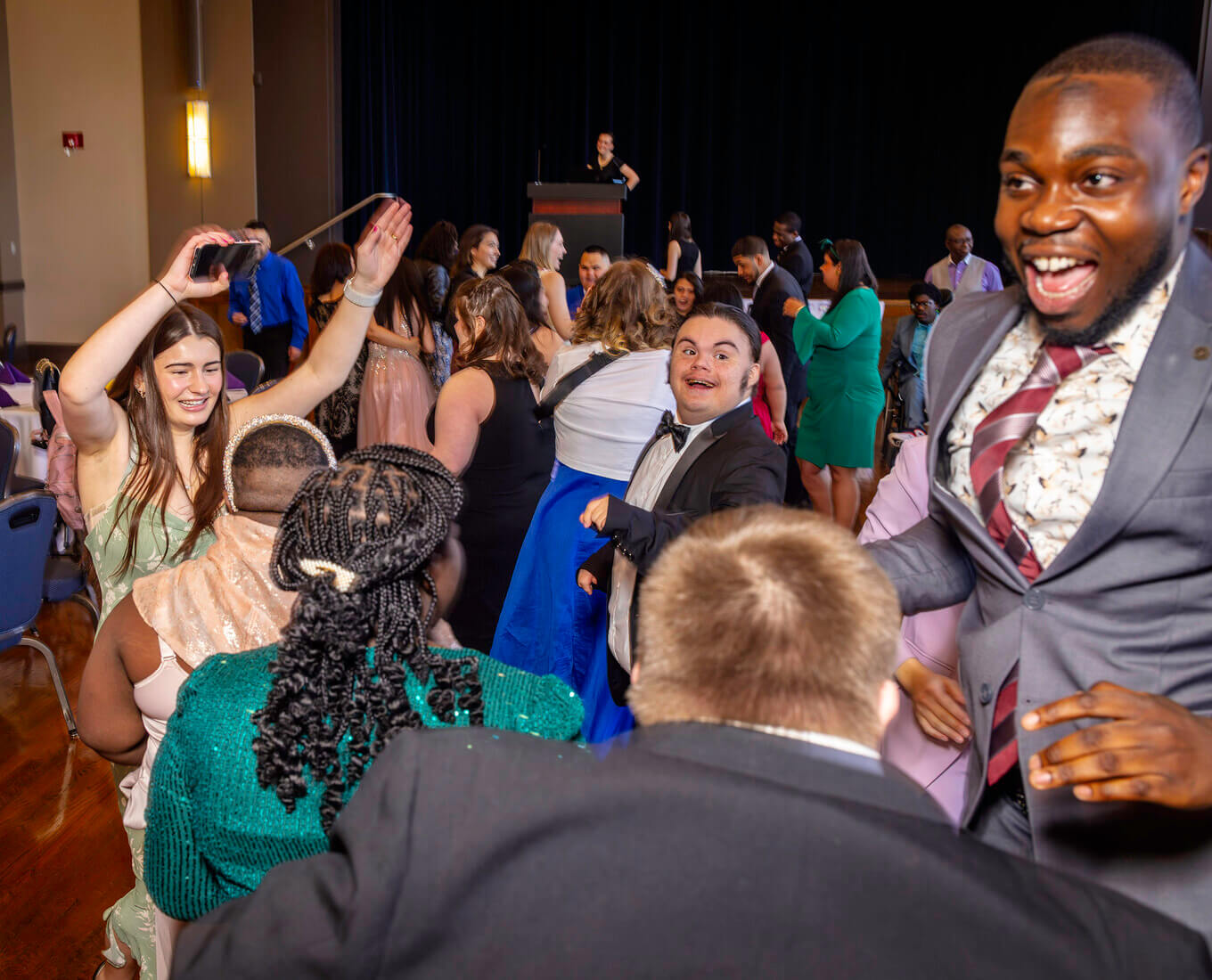WORCESTER, Mass. – Edward H. Thompson, Jr., of the sociology and anthropology department at the College of the Holy Cross, has received fellowship status with the Gerontological Society of America, a group in which he has been a member since 1992.
"Dr. Thompson received this award as recognition by his peers for outstanding contributions to the field of gerontology," said Laurie Johnson, fellowship coordinator with the society. "GSA Fellows represent the highest class of membership and are recognized by peers for outstanding contributions to the field of gerontology."
Thompson, of Westborough, Mass., is the director of the Gerontology Studies Program, a cooperative, academic program of the Colleges of Worcester Consortium, Inc. The program’s mission is to develop an interest among undergraduate students in the field of aging and to provide these students with a basic understanding of the spectrum of needs, concerns and issues facing the elderly population today and in the years to come.
Thompson, who has been at Holy Cross since 1977, received his Ph.D. from Case Western Reserve University in Cleveland the same year. He holds bachelor’s and master’s degrees from California State University in Sacramento and also taught at both universities.
An expert in aging, family caregivers, family values and men’s studies, Thompson is often quoted in the media. Courses he has taught include Sociology of Men; Aging and Society; The Family; Men & Violence; Sociology of Mental Health; Religion, Aging and Health; Men, Women, and Medicine; and Myths of Equality: Age, Class, and Race.
The GSA was founded in 1945 and is the oldest and largest national multidisciplinary scientific organization devoted to the advancement of gerontological research. Its membership includes some 5,000 researchers, educators, practitioners, and other professionals in the field of aging. The society’s principal missions are to promote research and education in aging, and to encourage the dissemination of research results to other scientists, decision makers, and practitioners.
Holy Cross Professor Receives Fellowship Status with the Gerontological Society of America
Read Time
1 Minute


